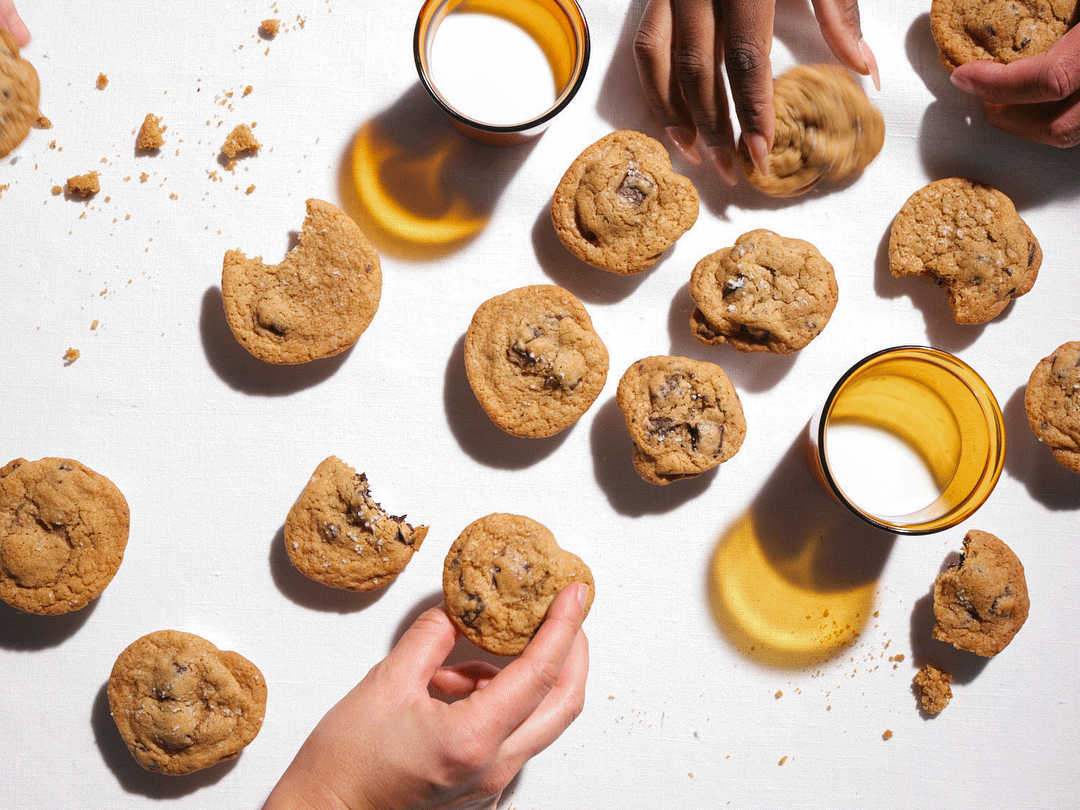The mysterious, dark-coated relationship between chocolate and mood
Many people will indulge in chocolate no matter its sugar content, fat content or purported health effects.
An oft-cited 1991 study, published in the journal Appetite, revealed that chocolate is the top food craved by women; roughly half the women in the study experienced regular chocolate cravings.
The preponderance of chocolate cravings has inspired a separate body of research on the connection between chocolate and mood. But the evidence so far is confusing at best, says Dr. Beatrice Golomb, professor of medicine and family medicine at UC San Diego.
In April, Golomb and colleagues published study results showing that people who score higher on a depression test eat more chocolate than people who are not depressed: eight 1-ounce servings per week as opposed to five. The findings were published in the Archives of Internal Medicine.
Other researchers have found similar connections. In a 2002 Swedish study, women who had more depressive symptoms ate more chocolate than less depressed women. A 1991 study found that among European nations, those with the highest per-person chocolate consumption (Switzerland topped the list) tended to also have the highest suicide rates.
Such studies demonstrate a connection of some sort between chocolate and mental health — but they don’t prove a cause-and-effect relationship, says Golomb. To date, researchers don’t know whether depression drives chocolate cravings or whether chocolate consumption promotes depression.
Scientists have hypothesized that some of the many chemicals in chocolate (there are roughly 600) could influence levels of such feel-good brain chemicals as dopamine and serotonin.
But existing data suggest that chocolate’s complex effects on these chemicals could be as likely to improve mood as worsen it, says Dr. Gordon Parker, professor of psychiatry and executive director of the University of New South Wales Black Dog Institute, an Australian research center focused on mood disorders.
Nonetheless, many people do report feeling good upon eating — or even seeing — chocolate. Three years ago, British researchers using functional magnetic resonance imaging showed that when people who crave chocolate ate chocolate, the parts of their brains governing emotion and reward lit up. The study was published in the European Journal of Neuroscience.
But the pleasurable sensation derived from eating a piece of chocolate is fleeting, says Parker, who has authored reviews on chocolate and mood.
Some scientists speculate that chocolate, which some people crave as if it were a drug, could exhibit drug-like properties, improving mood in the short term but worsening mood with long term, high level consumption. (Think alcohol, or even cocaine.)
As researchers continue to sort out the precise relationship between chocolate and the pleasure it sometimes seems to produce, only one thing remains clear, says Parker: “It is not, as some would claim, an anti-depressant.”






